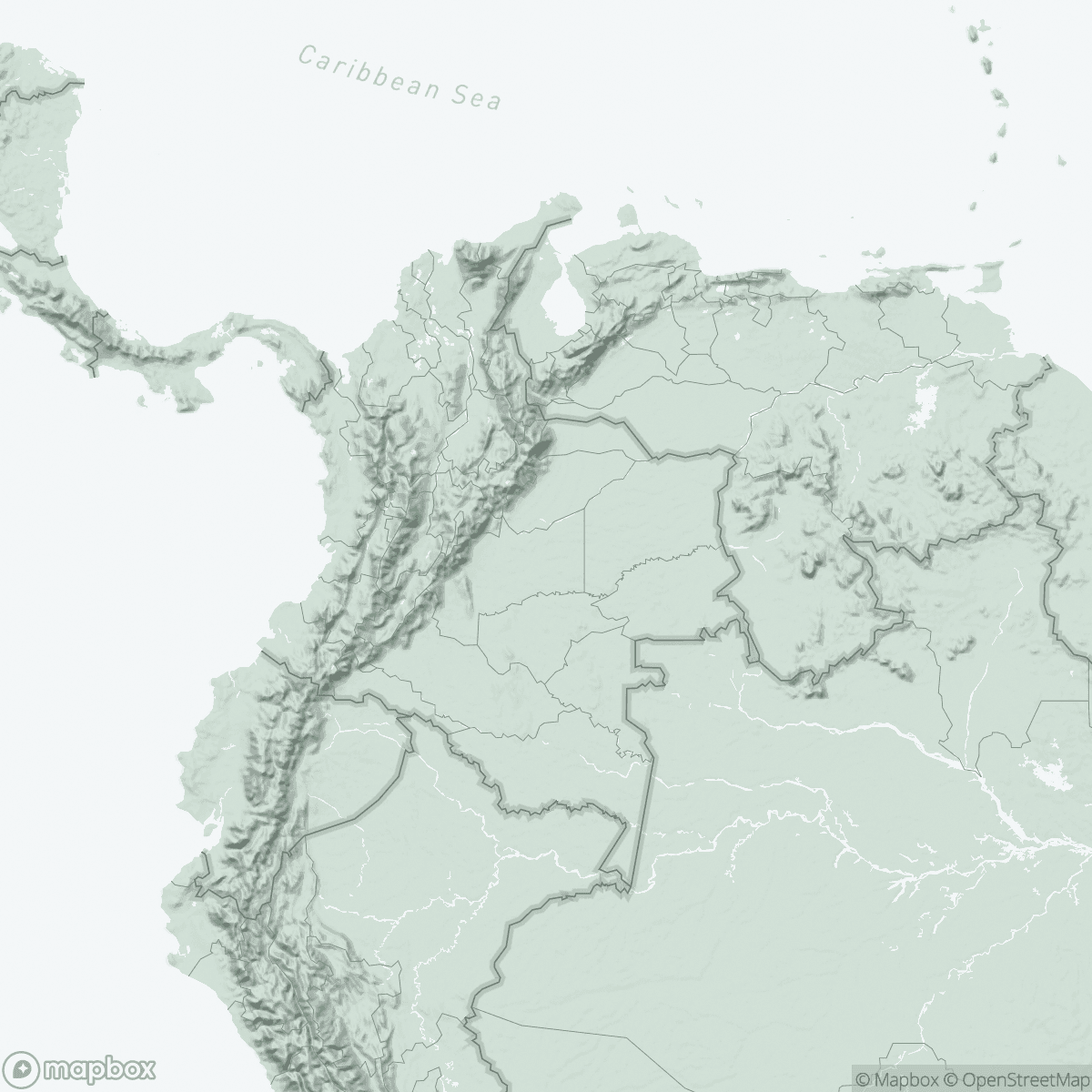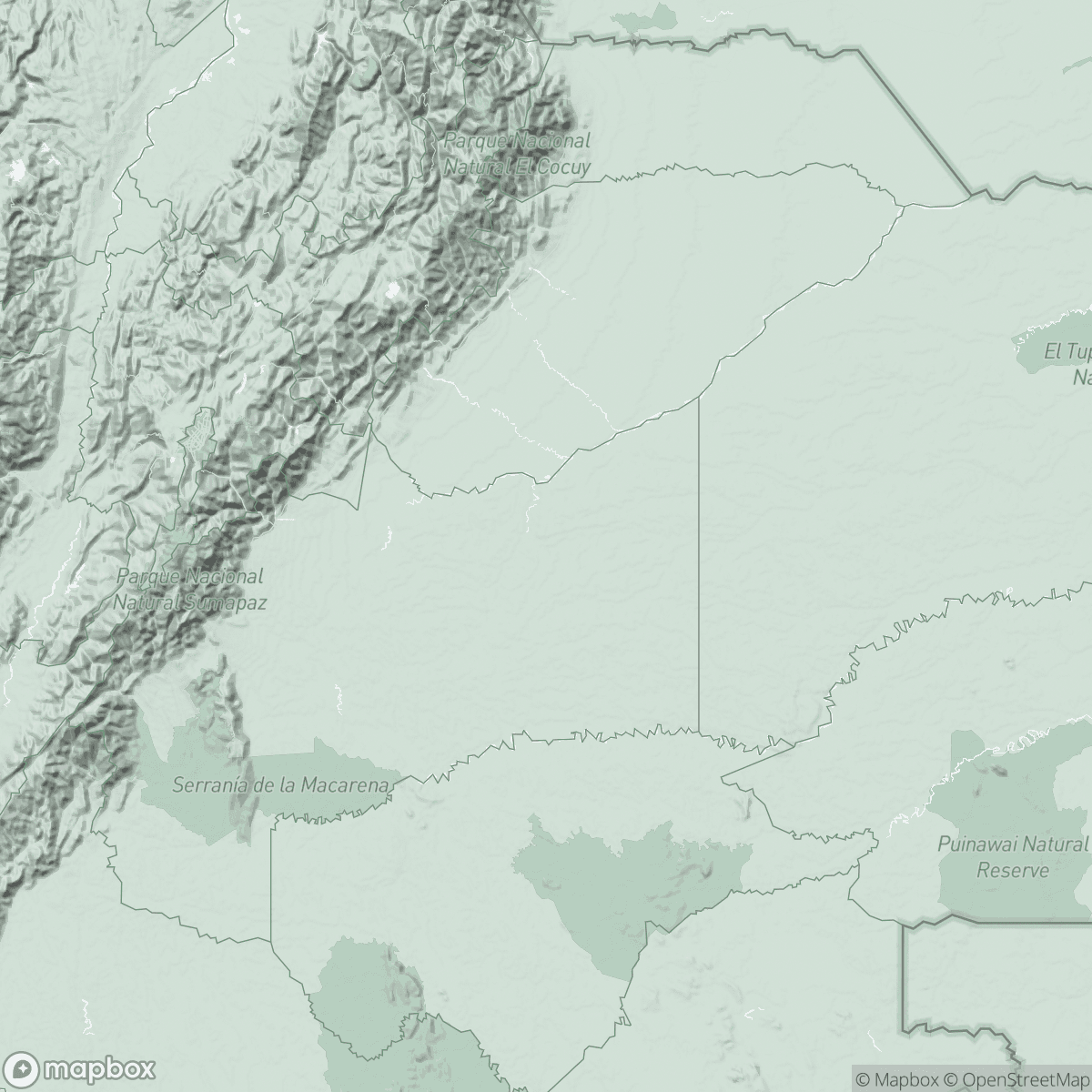
Colombia
In 2024, Médecins Sans Frontières teams in Colombia continued to focus on assisting remote communities, whose access to healthcare is limited due to ongoing insecurity and a lack of facilities.
Our activities in 2024 —
families received relief items
individual mental health consultations
outpatient consultations
In November, after three years, we concluded our health project in Alto Baudó, in Chocó, a department in Colombia’s Pacific region.
Through this project, our teams promoted disease prevention practices, and brought basic healthcare closer to 133 Indigenous and Afro-descendant communities who previously had to travel for up to three days to reach a health centre. We also trained health promoters and community agents, and supported urgent referrals to health centres.
Despite the government’s efforts to achieve ‘Total Peace’, by engaging all non-state armed groups simultaneously in dialogue with the state, there was territorial expansion of some groups, and an increase in violent clashes between them and the Colombian armed forces in 2024.

This led to further displacement and forcible confinements across Colombia, and a rise in kidnappings, killings, and acts of extortion, especially in remote regions or areas with little state presence.
In 2024, according to the authorities, more than 160,000 people were displaced by violence, the highest figure in the last decade, and at least 33,700 people were victims of forced confinement.
In November 2024, we launched an emergency response in Alto Baudó and Medio Baudó, following severe flooding that affected 150,000 people in the region. We donated hygiene kits, cooking equipment, and drinking water, as well as mattresses, blankets, and mosquito nets, in five communities.
In addition, between October and November, we provided mental health care to people severely affected by the increase in urban violence resulting from the armed conflict in Quibdó.

